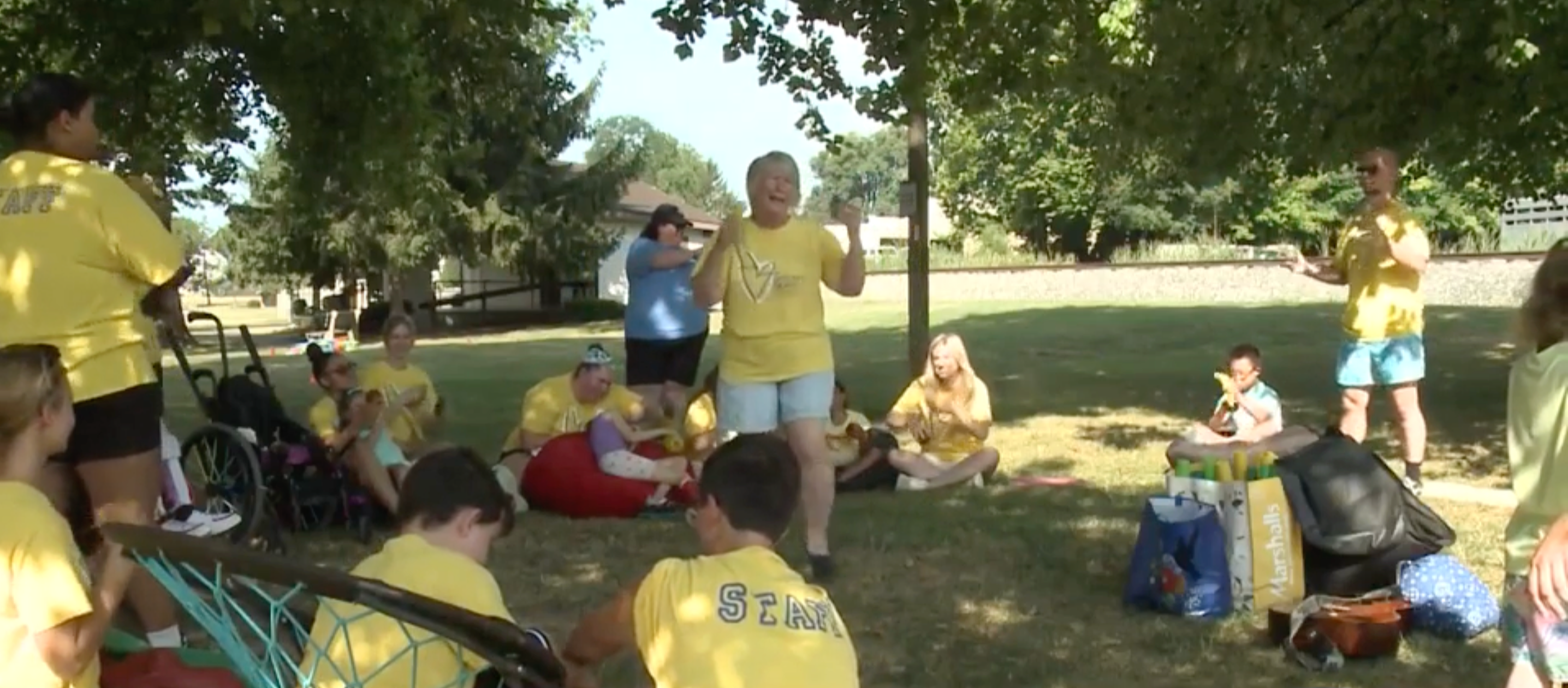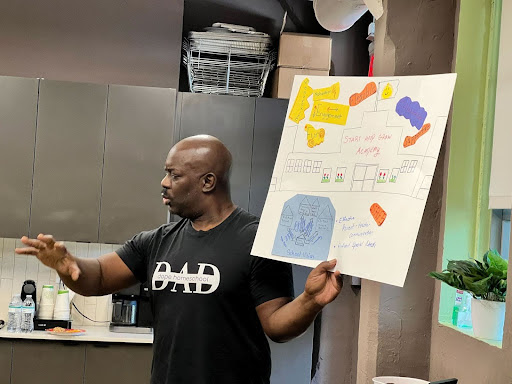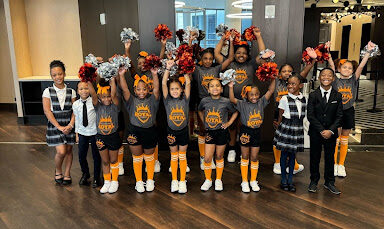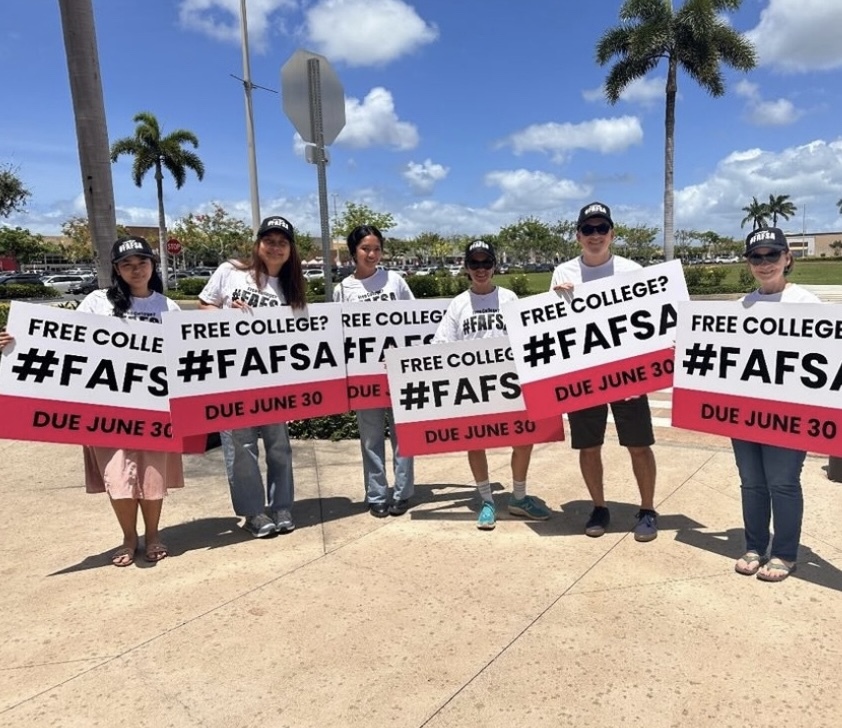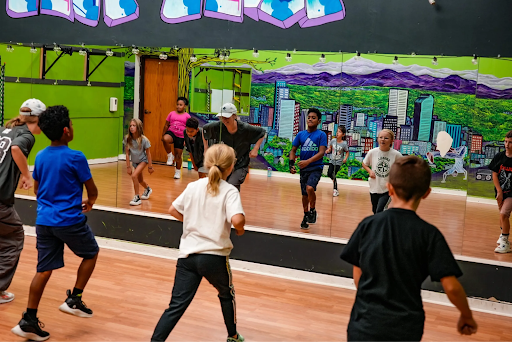Jump to: Top Tasks | From the Field | Key Resources | Moments of Resilience
It is week 174 of our new reality and we are wondering what is happening to academic freedom in the Golden State.
“The California Department of Education has threatened to sue two prominent Stanford University education professors to prevent them from testifying in a lawsuit against the department — actions the American Civil Liberties Union of Southern California calls an attempt to muzzle them,” John Fensterwald writes in EdSource. “Observers say the dispute has the potential to limit who conducts education research in California and what they are able to study because CDE controls the sharing of data that is not available to the public.”
What is at stake is the ability of researchers to speak freely about their research, even when their conclusions threaten powerful stakeholders in the system.
SUBSCRIBE
“The lawsuit, against the California Department of Education, the State Board of Education and State Superintendent of Public Instruction Tony Thurmond, charges the state with failing to prevent the deep learning loss imposed by the pandemic on low-income students and other high-needs students,” Fensterwald writes. “Reardon, who had co-authored landmark nationwide research on pandemic learning, said he would have considered providing expert testimony. But warned this month by CDE that he’d be breaching his contract, Reardon declined — even though his learning loss research did not involve the data obtained through his agreement with CDE.”
The only way for us to learn from the mistakes of the pandemic era is to be honest about them. And that starts with standing up for the freedom of researchers to share their findings widely and help us all make decisions grounded in the facts.
Last week, we focused on a call from former New York City mayor Mike Bloomberg to both political parties to demonstrate the leadership needed to solve this learning crisis and we looked at promising signs from New Jersey’s push to expand tutoring for kids. This week we put the spotlight on a Congressional hearing on generational learning loss that served as a powerful forum for a candid assessment of what went wrong and what we need to do next.
TOP TASKS
“We need to be solutions oriented–this is the biggest domestic policy failure of our lifetimes,” 50CAN President Derrell Bradford testified at the US Capitol last week.
Derrell shared with the committee examples of proof points to get kids back on track, including Michael Bloomberg’s SummerBoost, Gov. Doug Ducey’s AZ OnTrack, New Jersey and Louisiana tutoring legislation and Gov. Brad Little giving funds directly to families. But he also was unflinching in his diagnosis of how we got to this point, calling out both union obstructionism and a misuse of federal funding. “Sadly, what’s been proven is that if you give American school districts $190 billion in a black box with no accountability, they’ll spend the money on themselves,” Derrell testified.
He appeared as one of four witnesses in a hearing that lasted more than two hours. We created a six minute version that captures six key moments, featuring Derrell alongside the American Enterprise Institute’s Nat Malkus and North Carolina Superintendent Catherine Truitt.
Yahoo News reports more: “A House hearing on Wednesday afternoon, titled ‘Generational Learning Loss: How Pandemic School Closures Hurt Students,’ laid bare the lingering bitterness and division over the decision to shutter schools in March 2020, when the coronavirus pandemic arrived in full force in the United States,” writes Senior White House Correspondent Alexander Nazaryan. “Most remarkable of all, the hearing saw some Democrats defend school closures despite the fact that the practice proved not only damaging, but politically toxic.”
Additional coverage of the hearing can be found at the Deseret News and the National Review.
THE TASK OF THE WEEK IS
FROM THE FIELD
Executive Director Amanda Aragon of NewMexicoKidsCAN wrapped up the first season of the New Mexico Rising podcast, an in-depth study of New Mexico’s education system, told through interviews with a diverse range of education leaders and officials.
GeorgiaCAN’s Charter Engagement Coordinator Pelleo Badiane worked alongside a parent fellow over the course of seven months to bring the first charter school to Henry County. After a tireless campaign focused on gathering signatures and building parent support, the State Charter School Commission approved Excelsior Village Academies. The team also hosted their annual Back to School panel for families with record attendance.
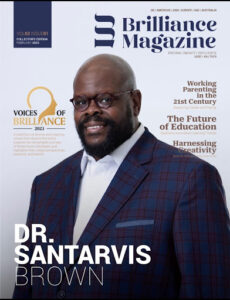 National Voices Fellow Shelby Doyle spoke to WBRC News in Alabama on school choice, while Fellow Jocelyn Pickford is blogging on issues of curriculum and quality, Jenny Clark spoke to Cato CEF attendees and Santarvis Brown was Brilliance Magazine’s July cover story.
National Voices Fellow Shelby Doyle spoke to WBRC News in Alabama on school choice, while Fellow Jocelyn Pickford is blogging on issues of curriculum and quality, Jenny Clark spoke to Cato CEF attendees and Santarvis Brown was Brilliance Magazine’s July cover story.
Key Resources
The National School Choice Awareness Foundation published a 50-state guide to microschooling.
A new presentation from the Wallace Foundation explores how states responded to the call for more summer learning opportunities, finding that the majority of states developed new summer learning and enrichment initiatives since the start of the pandemic.
Brookings Institute adds to the growing body of research showing that Black students benefit from having a Black teacher, with a new twist: white teachers with Black colleagues also saw more success with their Black students.
A Mathematica study of three summer programs finds that participating students did significantly better than non-attending peers.
UNESCO calls for governments to institute regulations on the use of technology in education including restricting smart phone use in classrooms to reduce disruptions to learning.
yes. every kid. shines a light on states that allow all students–including homeschooled students–to access public school courses and extracurriculars, along with strong examples of legislative language.
A study from Urban Institute finds that accountability provisions under ESSA are being pushed to the limit as more states designate schools for improvement activities through the “Comprehensive Support and Improvement” category.
Moment of Resilience
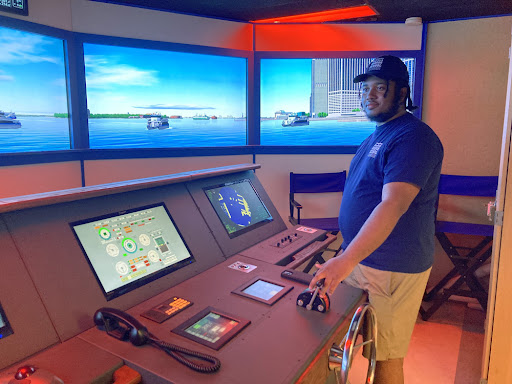
In The 74 Million, Jo Napolitano profiles New York City’s Harbor School, a high school focusing on career pathways from marine science to technology. Students are so excited about the program that 1,000 students applied last year for 198 slots.
“‘I didn’t know exactly what I wanted to do and this gave me a good direction,’ said Alevras, who hails from lower Manhattan and plans to study environmental science and aquaculture — the breeding, raising and harvesting of fish, shellfish and aquatic plants — at Roger Williams University in Rhode Island this fall.
Like many of the students in her program, Alevras’s resume is impressive: She’s already improved the local oyster habitat, created her own water filtration system and helped raise 2-ounce junior tilapia until they reached market size.”


